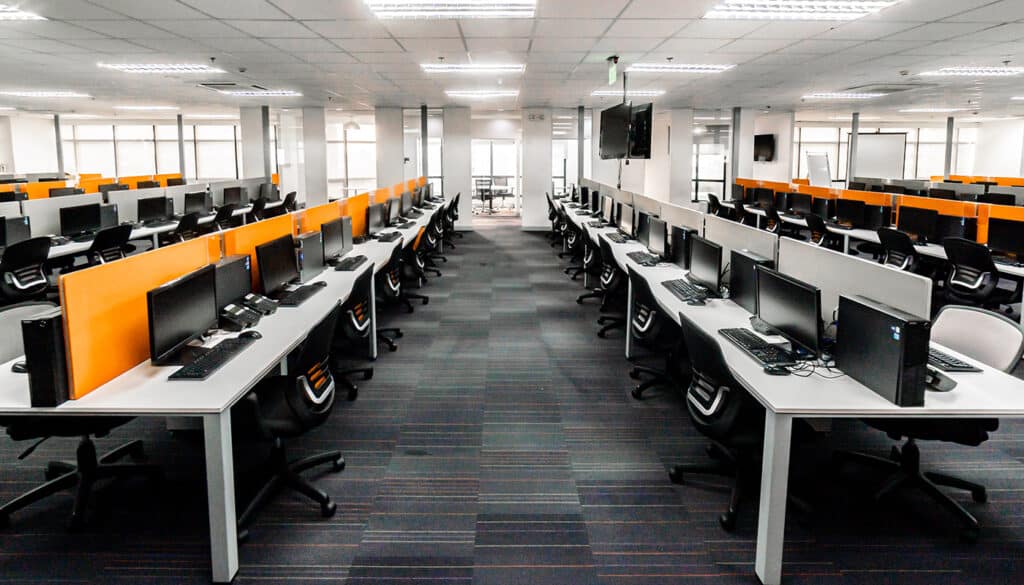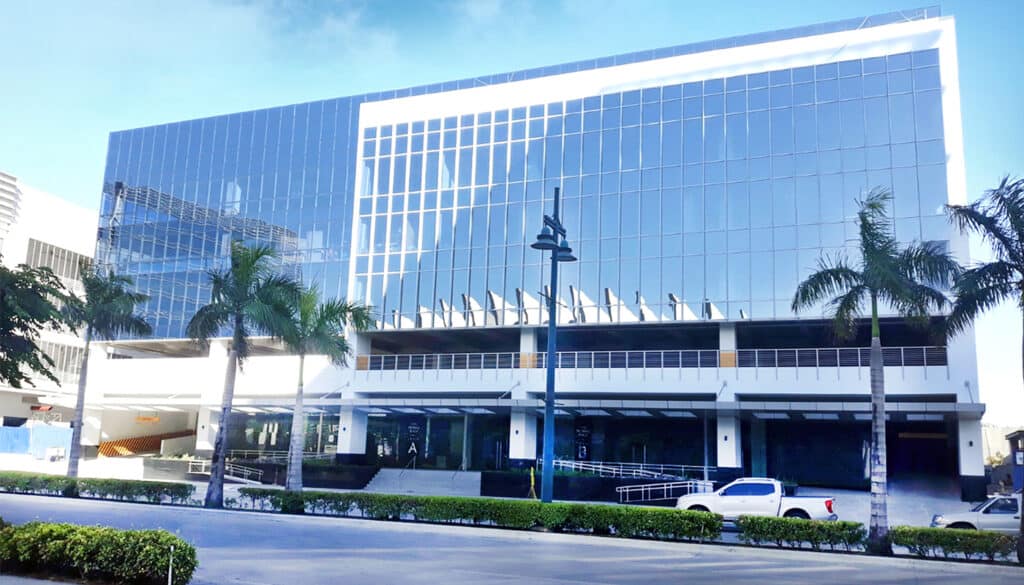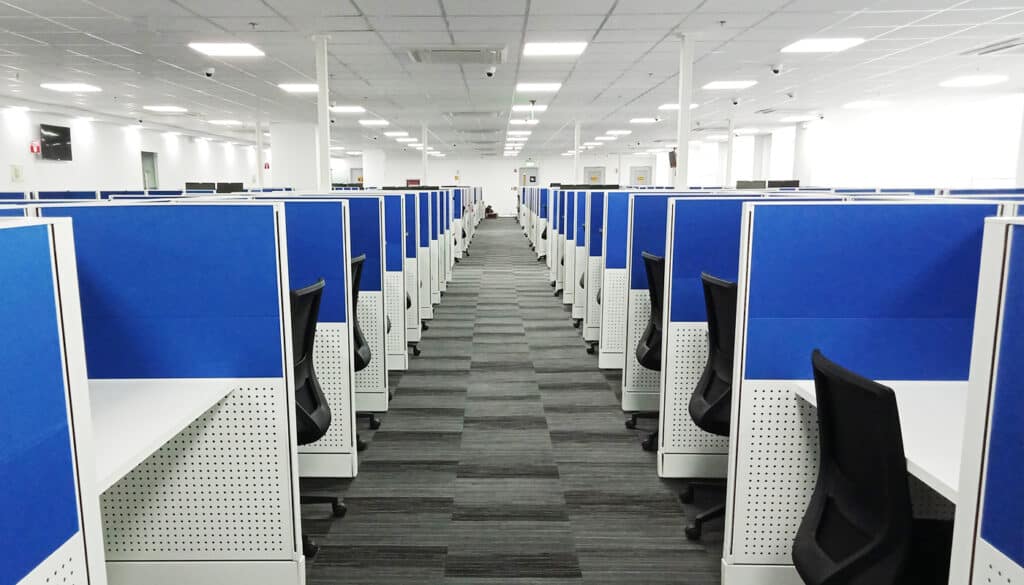There’s no doubt that COVID-19 has disrupted the Business Process Outsourcing (BPO) and Customer Experience (CX) industry, but how does that disruption look right now, and what can the industry do to prevent irreparable damage in the long term?
While the future is uncertain, Nearsol’s CEO, Victor Pereda, has some well-informed predictions on how BPO and CX delivery could change moving forward, based on the trends currently occurring on the front line.
Q: Now that work-at-home BPO operations are accelerating, what could this mean for physical contact centers once the pandemic comes to an end?
VP: Here at Nearsol, we’re seeing a lot of companies that want to return to brick and mortar as soon as they can. While they’re approving a percentage of work-at-home agents—up to 25% in some cases—companies are also establishing new brick-and-mortar sites with social distancing measures baked into the building’s design. For example, one plan is to position cubicles a set distance apart, with the aim to fill in the gaps once it’s safe to work in close proximity.
Q: How do you see a return to physical centers impacting the BPO workforce?
VP: Not everyone is happy working from home. Many front-line agents prefer the dynamic, social setting of a physical contact center. Additionally, agents who have preferred working from home during the pandemic won’t find it easy to return to the office full-time, so they may seek out employers that offer work from home positions, resulting in mass migrations and an increase in attrition rates.
The choice of who to bring back in-center will most likely come down to agent performance during the lockdowns, which will include key factors like connectivity and technological capability. Plenty of agents are looking forward to going back to the office and will happily return to the call center as soon as possible, but BPOs should be looking to keep work-at-home agents happy too, especially the ones that have proven they can be productive, valuable, and trustworthy outside of the office. It’s all about finding the right balance.
Q: Work-at-home security and compliance have always been a concern for BPO customers. How do you think COVID-19 will alleviate or increase those concerns?
VP: Many organizations still believe that customer data and sensitive information is more at risk in a work-at-home setting. Until these underlying security concerns are fully addressed—most likely through the introduction of new security tools or compliance measures—BPOs are likely to return as many front-line agents as possible to the contact center once the pandemic comes to an end.
Until then, vendors that were ill-prepared to move to a secure work-at-home setup are likely to lose clients, because, without the essential tools and procedures in place, fraud will see an increase throughout the industry. When it becomes possible to measure the fallout of this, we’re likely to see several new regulations, deterrents, and fraud prevention initiatives fall into place to prevent future issues and restore any damaged trust in the industry.
On the plus side, with so many agents at home, there’s a huge opportunity to collect data on performance, compliance, and productivity that highlights the value of keeping people in a work-at-home environment. BPOs will need that information to reassure clients that work-at-home is a viable and secure alternative to brick and mortar, especially if disaster strikes again.
Q: How do you think the BPO industry should be preparing to mitigate the risks of another pandemic?
VP: In preparation for future disruption, the BPO industry should be focusing on increasing its agility. Providers must be able to return to a work-at-home set up overnight in the event of another outbreak, instead of implementing last-minute measures to set up virtual operations.
There’s an opportunity to improve the recruitment process in this regard. One of the first questions BPOs should be asking candidates is whether or not they can work from home, as well as assessing their internet speed, home office setup, and regularly evaluating any equipment they might need once they’re part of the team.
At Nearsol, we’re already checking new candidates for work from home capabilities. Our plan is to continuously monitor this so we’re always aware of who is best equipped to transition to a work-at-home environment quickly and seamlessly. The goal is to ensure absolute business continuity at Nearsol, with the agility and capability to pivot to fully functional work-at-home within hours, not weeks or months.
Business continuity has long been a value proposition of BPOs with multiple sites around the world, but if COVID-19 has shown us anything, it’s that true business continuity comes down to the ability to send people home. As the industry looks ahead to a post-COVID world, those who plan and prepare for similar disruption by adopting an agile strategy to business continuity will dominate the market.
Ultimately, the industry has always managed to adapt, survive, and evolve in the past, so there’s no reason this time will be any different.






